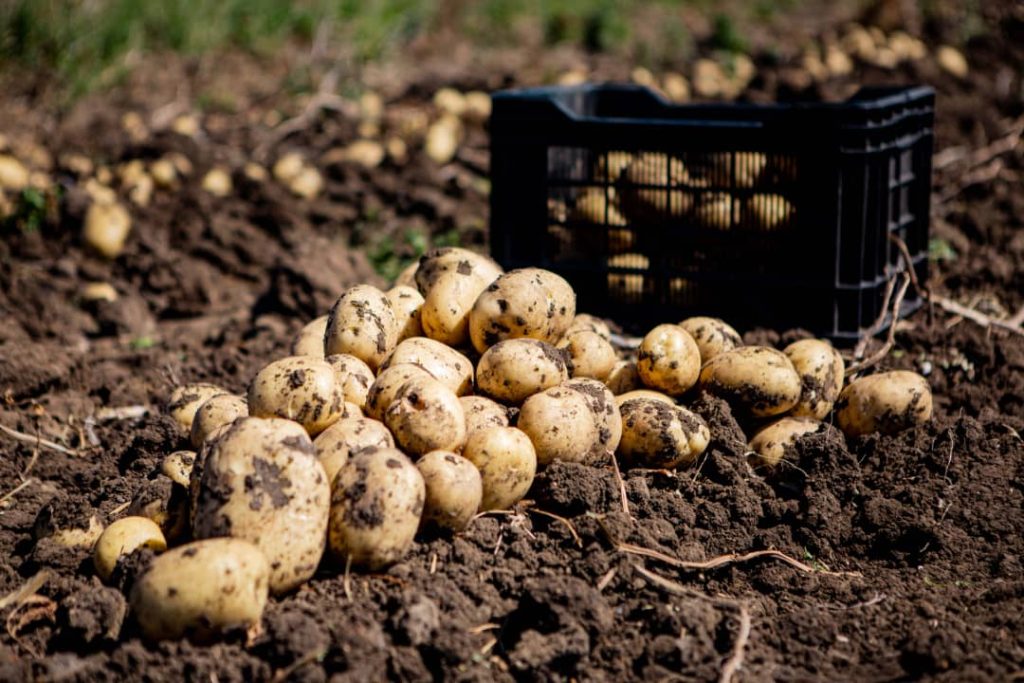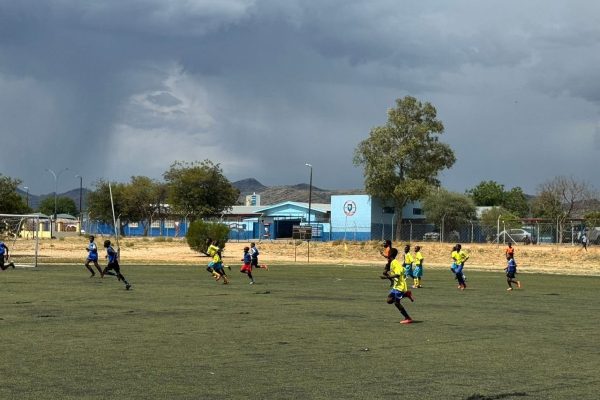
By: Nghiinomenwa-vali Hangala
The Ministry of Agriculture has revealed that the current Public Procurement Framework and the country’s Budget Appropriation approach are failing the green schemes in terms of funding.
In a statement released last week, the Ministry stated that the two funding tools are not well-suited to the dynamics and seasonal nature of agriculture.
“Its rigidity and the untimely availability of funds pose challenges for the Ministry in procuring goods and services for the Green Scheme Projects in a timely and efficient manner,” the Ministry wrote in a statement.
The ministry provided a detailed explanation as to why it has employed the use of emergency procurement for agricultural inputs for green schemes, after having taken them from the dissolved Agribusdev. Such emergency procurement was necessitated by the delayed availability of the budget for agricultural inputs, stated the ministry.
Consequently, the ministry invoked Section 33(3)(b) of the Public Procurement Act (No. 15 of 2015) to proceed with Emergency Procurement.
“This decision was taken to ensure the timely acquisition and supply of agricultural inputs, as any delay would have resulted in poor crop yields and posed a serious threat to national food security,” the statement read.
The ministry has also highlighted that agriculture is a time-sensitive industry; any delay directly impacts crop yields and, consequently, revenue. Additionally, planting with the unavailability of inputs, price fluctuation, or delays in repairing machinery and equipment can result in significant negative gross margins.
“Delaying action is not an option; timely response is critical to safeguarding agricultural output and ensuring national food security,” the statement read.
To mitigate the Budgetary and Public Procurement Act’s constraints, the ministry indicated that it has adopted 36-month supply contracts (framework agreements), as provided for under Section 38A of the Public Procurement Act, as amended.
This is because the ministry often receives the budget from the Treasury for each cropping season on an ad hoc basis, making it impossible to follow public procurement methods such as Open National Bidding or Request for Quotations.
“Hence, under a Framework Agreement for 36 months, deliveries under these contracts are executed in lots, customised to the agronomic needs of each Green Scheme. These needs vary due to factors such as soil composition, seasonal conditions, and updated recommendations from periodic soil analysis,” the ministry explained.
The Agricultural Ministry assumed direct management of the Green Schemes in late 2022, to outsource their current state of operations to private operators, in line with the aforementioned Cabinet directive.
Uvhungu-Vhungu Dairy, Uvhungu-Vhungu Irrigation Scheme, Ndonga Linena, Orange River Irrigation Project (ORIP), Tandjeskoppe, and Katima Liselo were promoted to potential investors.
However, according to the ministry, only Uvhungu Vhungu Dairy and ORIP succeeded in garnering viable interest from the private sector.
In the hands of the ministry, the green scheme projects have recorded an increase in maize and wheat production, yielding a total of 16,740 metric tons, up from 10,560 metric tons in the previous season.
Maize production alone recorded an increase of 82%, rising from 8,470 metric tons last season to 15,430 metric tons harvested this season.
However, wheat production declined by 37%, from 2,090 metric tons to 1,310 metric tons this season.
The ministry explained that the decline in wheat production at the green schemes is mainly attributed to the high cost of importing production inputs. Particularly, seed and fertiliser, which resulted in the Mashare Green Scheme Irrigation Project not planting wheat in 2024.
In addition, late maize planting at the Shitemo Green Scheme Irrigation Project led to delayed harvesting, which overlapped with the wheat planting season, leaving insufficient time for wheat cultivation.
Namibia’s Green Scheme programme was established by government in the early 2000s to promote food self-sufficiency, create rural employment, and attract private sector investment in large-scale irrigation projects.
Under the scheme, government initially invested heavily in infrastructure such as irrigation systems, dams, and farmland, with the aim of leasing operations to private commercial farmers or companies.
For many years, the projects were managed by the state-owned enterprise Agribusdev, which faced serious governance, financial, and operational challenges.
Agribusdev was eventually dissolved in 2022, after years of underperformance, financial mismanagement, and the inability to make most green schemes commercially viable. Following its dissolution, the Ministry of Agriculture, Water and Land Reform assumed direct control of the projects while searching for private operators to take over operations.
The government maintains its stance that the green schemes are a critical part of Namibia’s strategy to strengthen national food security and reduce reliance on food imports, especially maize and wheat.
However, funding constraints, outdated infrastructure, and operational inefficiencies have hindered their performance. These challenges are exacerbated by the rigid national budgeting process and procurement rules that do not align with agriculture’s seasonal cycles.
To address these difficulties, the ministry has resorted to emergency procurement measures, as well as the use of longer-term framework contracts with suppliers.
While production has recently improved in maize, wheat output continues to decline, mainly due to high input costs and late planting at some projects. erastus@thevillager.com.na









